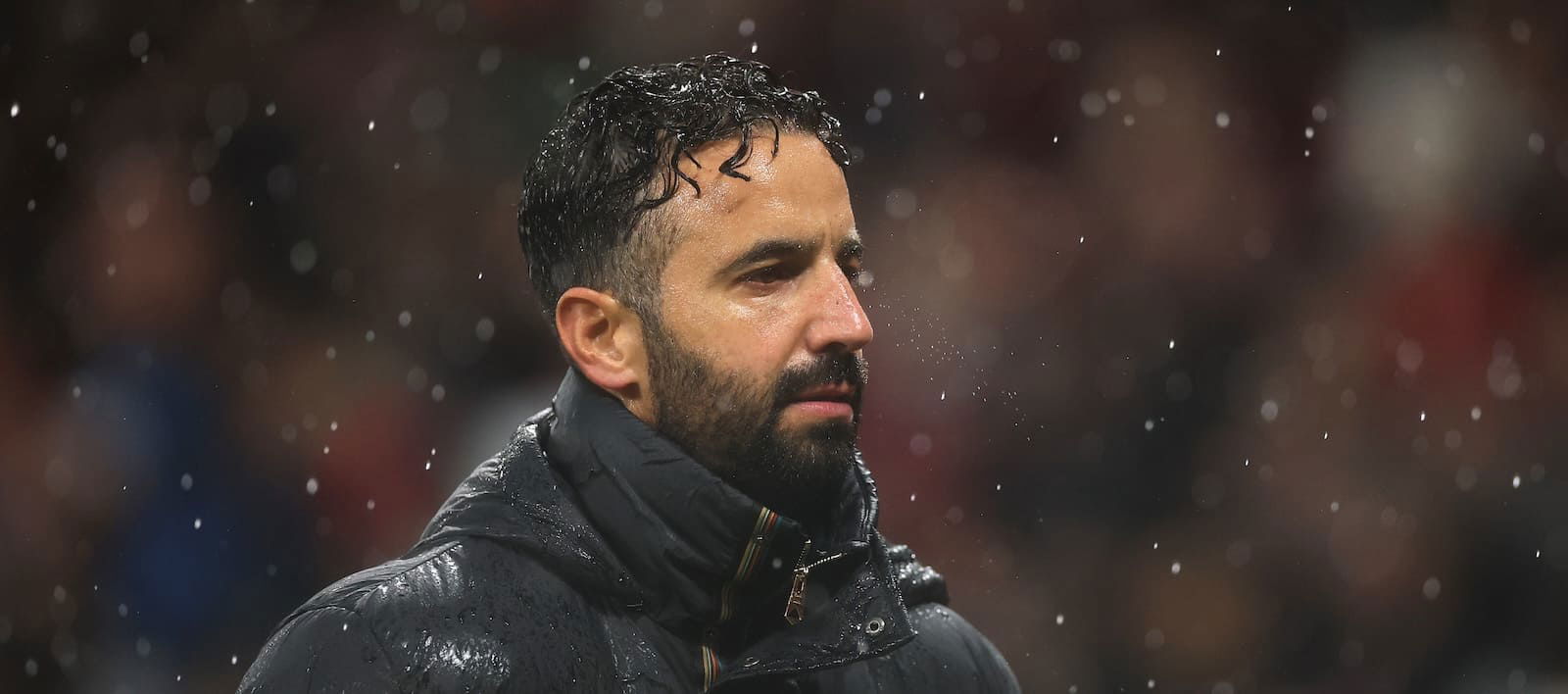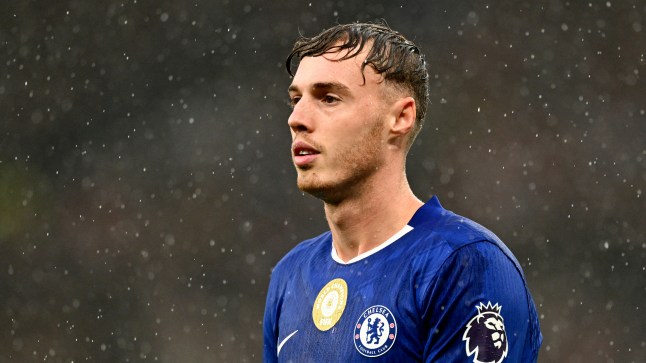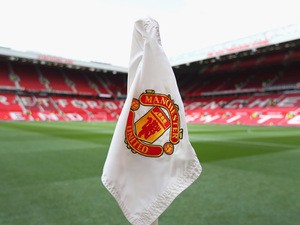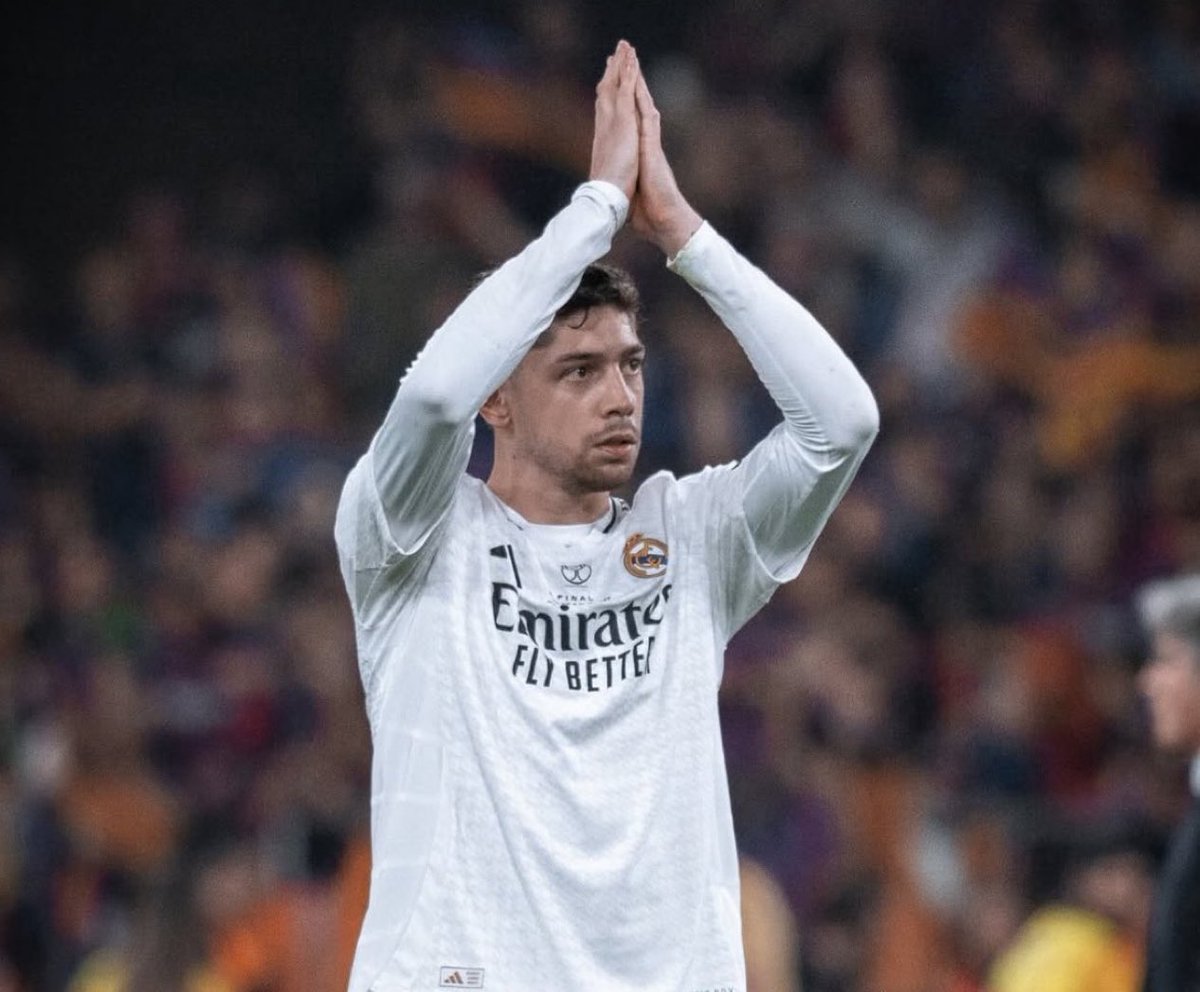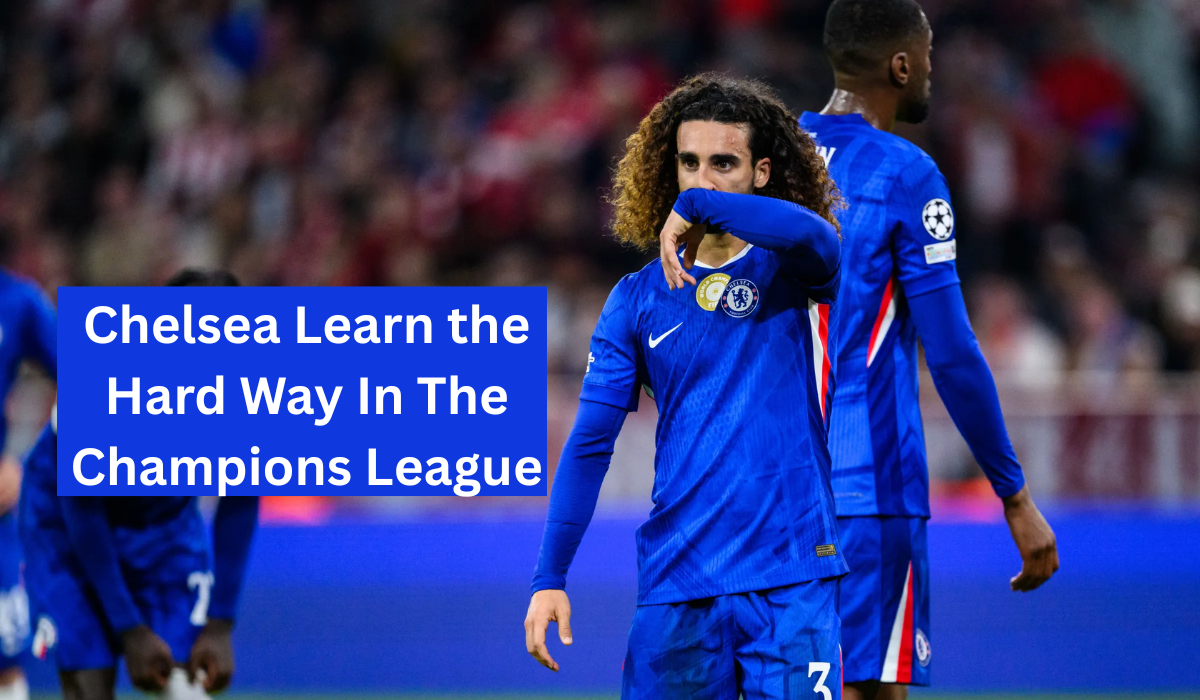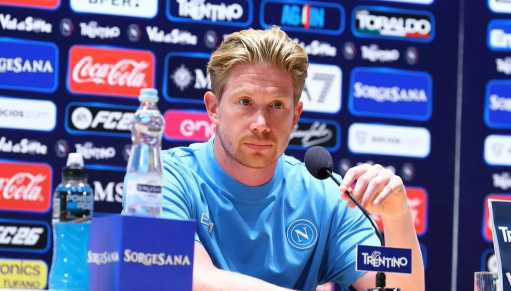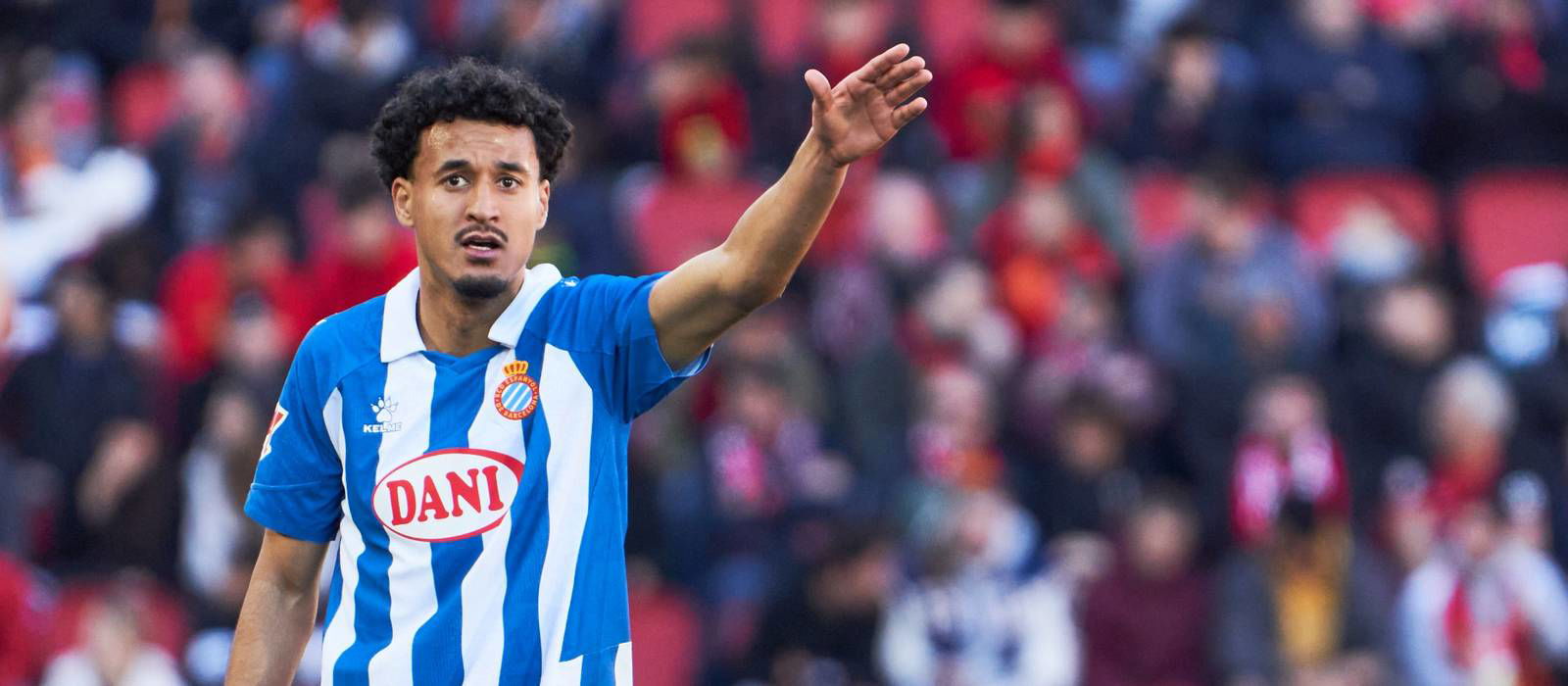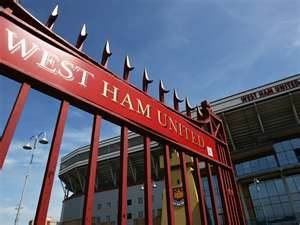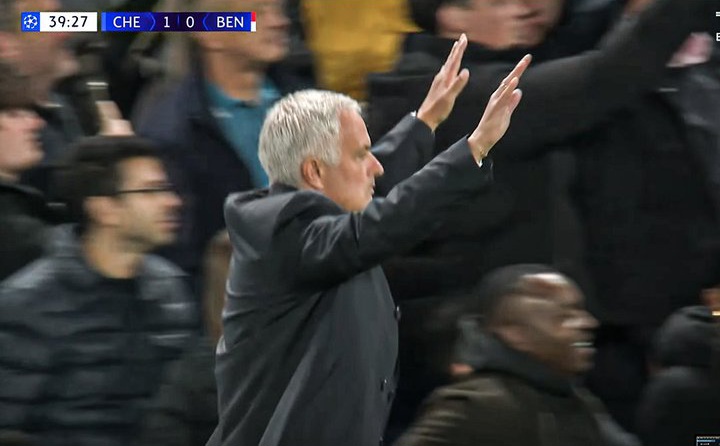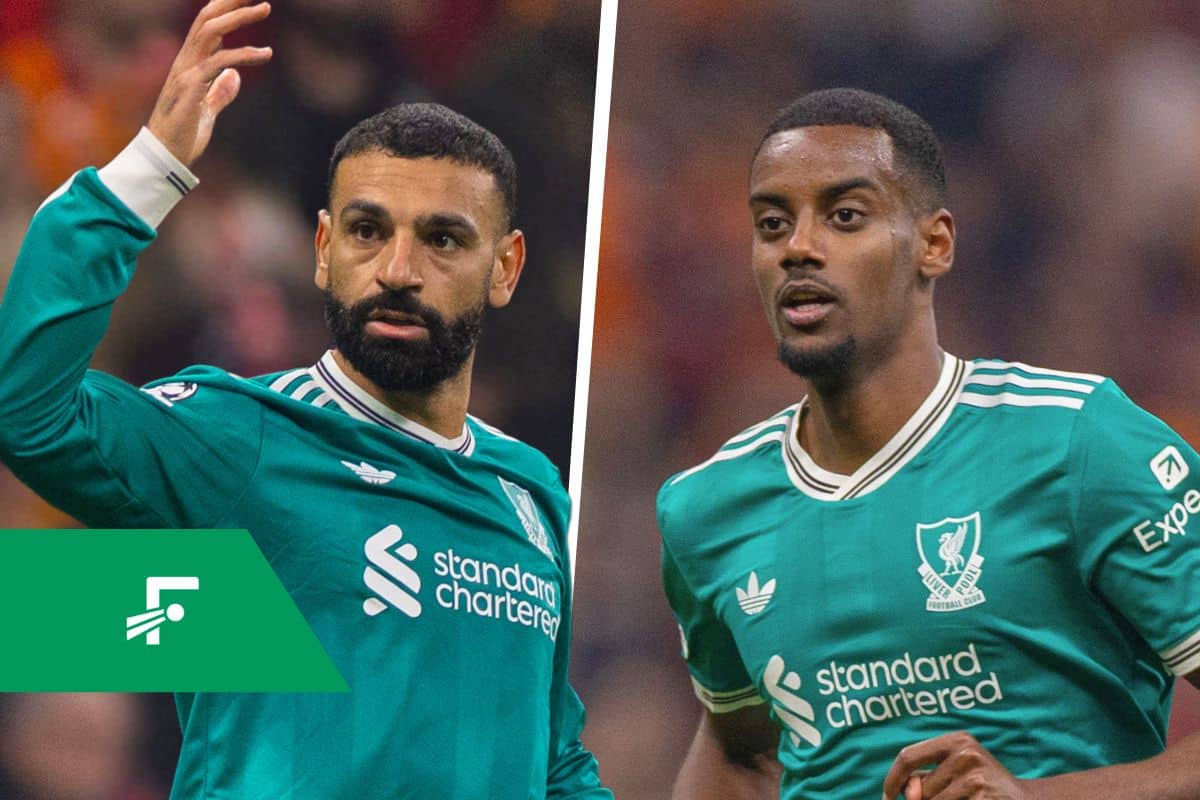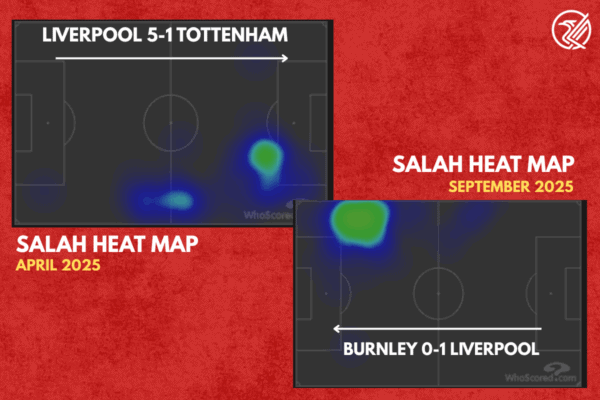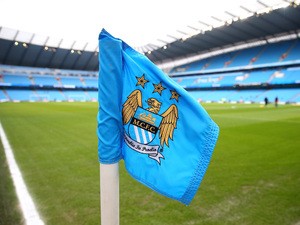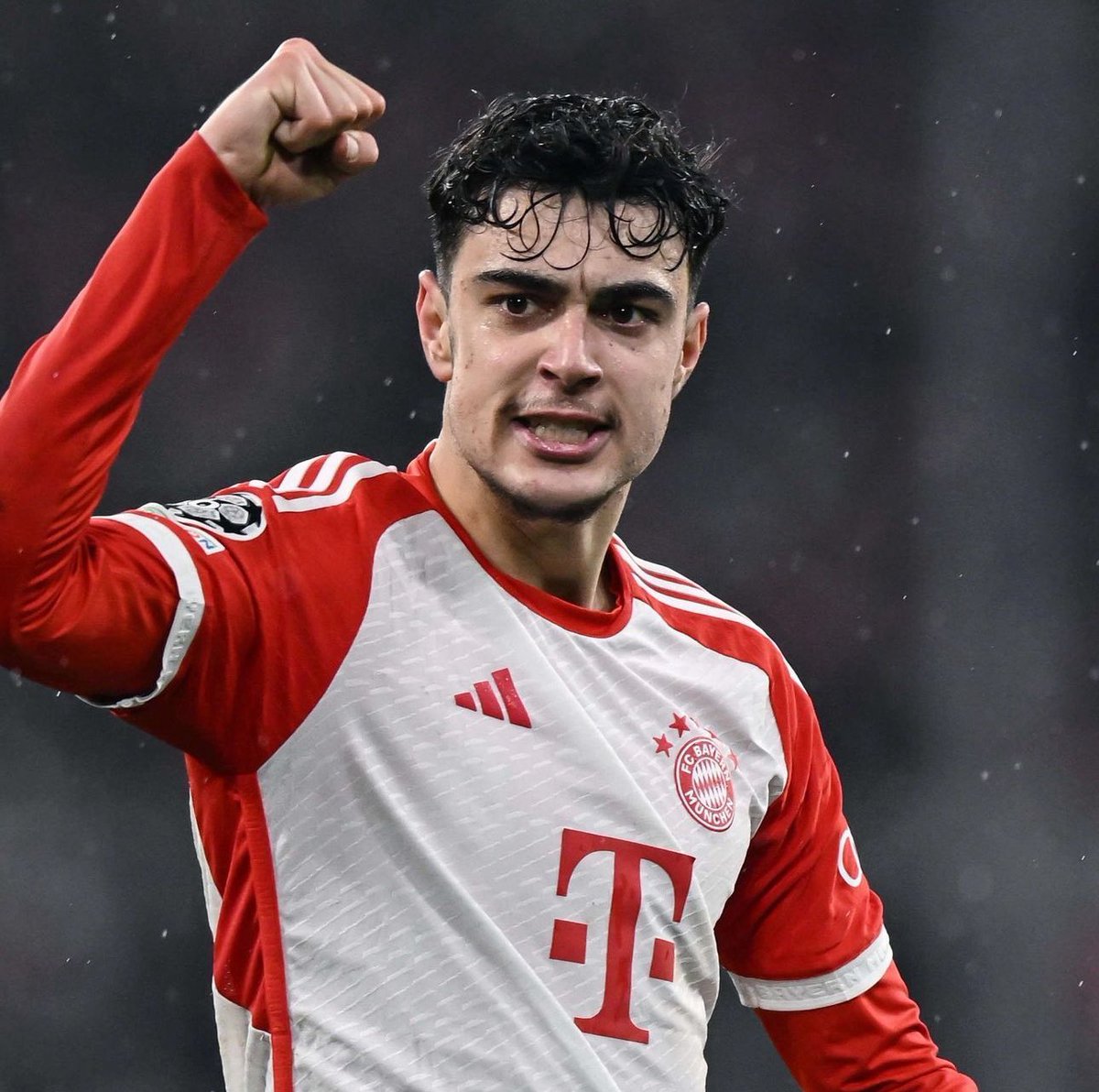[ad_1]
5
Ruben Amorim has admitted he needs to start winning if he wants to keep his job at United.
The boss was speaking in the embargoed section of the pre-match press conference ahead of tomorrow’s Premier League clash with Sunderland at Old Trafford.
Amorim on facing the sack
The first question of the section was about him saying previously he was not worried about losing his job. Why did he say that?
“Because the worst thing in this job is not to win games,” he explained. “And that is the same feeling in Casa Pia when I lose in third division. It’s the same here.
“And then it’s a job. Of course, it’s a dream to be here. And I want to continue here. And I want to fight for this. But the problem is now. What makes me suffer is to lose games. It’s not to lose my job.
“You fear to lose your job when you have to pay the bills. I don’t have that feeling. I just want to continue this. But when we don’t win games, that is the suffering that I have. It’s not the fear of losing the job. I don’t care. I’m telling you, when we finish the game and you can see me, I don’t care about my job. That hurt of not winning games or failing, that is the thing that hurts me the most.”
Asked if there is any scenario in which he would consider resigning, Amorim replied “No, that is a decision of the board.
“I cannot do that. Sometimes I have that feeling. Losing is hard, not to create the momentum, it is so frustrating when you create the momentum and go to the next game then something happened.
“That feeling sometimes hurts me a lot, also the players and especially the staff here, but that is not my decision and I think it would be really hard to leave if I don’t do everything to follow my my career here.”
Dealing with media criticism
The boss was then asked how hard it is to live in a bubble and not be affected by criticism in the media and on social media.
“It’s really important because there is no one in the world that can read everything and listen to everything about people that understand football and not being influenced by that,” he said.
“So I’m trying to listen and to see all the games because I know that I see the game more times than all those guys together because they have to see all the games in Premier League, give an opinion.
“My opinion is completely different because I see the games, I see the trainings, I understand my players, I understand what I’m doing. My job is this way because it’s impossible to survive in this club listening to all the things and a lot of things that my wife is talking with the media. That is such a nonsense. Nobody in my family talks about that.
“We love to live in England. You have no idea what is abuse here, because you are so polite compared to my country when we are losing. So you have no idea, we are really happy, my family is really happy. I’m just me and my family that is struggling because I hate losing and I hate failing.
“The hierarchy at the top of the club have always been very honest and open, that it’s a big project that you took on and it is going to take time. The reality, though, is that you need enough wins and enough results to buy you that time, and if they don’t come, it puts an increasing amount of pressure on everyone.”
Asked if he has been given any assurances about his job, the head coach said “I’m not concerned about that and nobody here is naive.
“We understand that we need results to continue the project. We will reach a point that is impossible for everyone because this is a very big club with a lot of sponsors, two owners. So it’s hard. The balance is really hard.
“So I’m not concerned about that. Again, what I want is to see my team winning or losing, playing the same way. And we are not doing that in the simple things of playing football, that anyone can do it. So my biggest problem is if my players believe in you guys when you say the problem of our team is the system.
“I get crazy about that because I can see the team, I see this team playing in a different system and I can point you that the way we do or play in different systems, we need to play the same way, with the same power, with the same intensity, with the same focus. If we do that, it doesn’t matter about the system.
“I just need one more game, because football is like that. We need one more game, we win. We get some hope and then in the next game, we’ll see. That is always the same thing. So I don’t need a lot of time. It doesn’t matter for me. It just matters the next game. And the next game is tomorrow. We just have to perform and we need to win.”
The 3-4-3 system
Amorim was then asked yet again about the system and whether he thinks there is mistrust of a back three system in England because most clubs play with a back four.
“It’s the results. It’s the results. Imagine that we won the first game against Arsenal and then you don’t miss the penalty and you win against Fulham, even without playing really well. Imagine that this happens. The trust in everything about our club, the system, the way we play, would be completely different.
“So if you win, everything is OK. If you lose, you are doubting everything about yourself, about your teammates, about the coach, everything. And that is normal.
“Because there is no back three. Against Brentford, lately we play with Luke Shaw, two centre backs and the right back. They play in the different type of position in the beginning. So it’s not three centre backs, it’s the same thing with a little bit different positions.
“Against Brentford second half, it was like a 4-4-2. The problem is that we were not good with the ball. We were soft without the ball. And we lose. But imagine that we score the penalty. The final goal, we are trying to win the game. Everyone is out of position. That can happen in the 4-3-3 or 3-4-3. So I think the details matter more than the system.
Asked if any of the players have requested changing to a back four, he replied: “No, I don’t. Guys, I’m the manager of the club, the big club. Is the media that is going to dictate what I’m going to do? It cannot be.
“It’s not possible to sustain that. And then the players. I can talk with the players. I talk with the players every day. But I explain point by point what is happening with our team. So, again, it’s not a 3-4-3 all the time. I think we are thinking about the system. I think we need to look to all of the parts of the game. This team played in a different system for many years. And you were talking about the lack of identity, no idea, whatever. So it’s not the system. It’s the small details, the way we play the game.
“And I understand what people think. What would be this team in a different system? I don’t know. Maybe this team would win more games. But if we don’t change certain things, we are not going to win titles if we change to 4-3-3 or 4-4-2. And that is my point with the players, not with you. I don’t want to change your mind.
“But my players, I guarantee you, they are listening to you, all those opinions, and they are putting that inside because we are not winning games. And they have to believe in me because I watch more games than you guys combined.
Mid-season friendlies
The final question was about the forthcoming mid-season friendlies and Amorim’s thoughts about that.
“We have to do it,” he replied. “We knew that when we miss Europe, we have our fans, we have the budget, we have to compensate a lot of things. So we have to do it, we will do it. We want to be with our fans around the world, so we are putting it all together to do that. We have to do it, that’s all.”
The first part of the press conference was covered in this article.
Featured image Jan Kruger via Getty Images
The Peoples Person has been one of the world’s leading Man United news sites for over a decade. Follow us on Bluesky: @peoplesperson.bsky.social
[ad_2]
Source link
